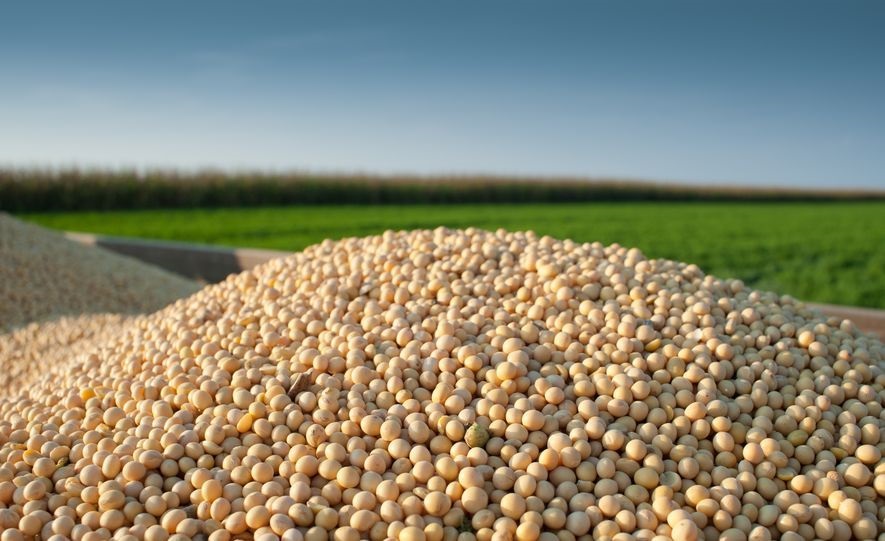Ministry sounds SOS on soya bean exports
Ministry of Trade has asked farmers and traders to register their available quantities of soya bean amid demand on the global market.
In a public notice, the ministry has called for submission of available quantities so that producers are linked to off-takers who are offering K650 per kilogramme (kg).

In a written response on Friday, Minister of Trade Sosten Gwengwe said there are still farmers with unsold soya bean who need to be linked to better and profitable markets.
He said: “There is still more demand for soya bean and we want to encourage farmers who were not able to sell to do so. Let people trade and we will facilitate as a ministry.
“We produce about 300 000 metric tonnes [MT] of soya bean annually, but we want to push it to at least 400 000MT next season. It is an opportunity for farmers, not desperation.”
Gwengwe said China has started buying soya bean and that Covid-19 has made other soya-producing countries not to harvest enough, resulting in huge global demand.
He said farmers are coming forward and the ministry will link them with markets, saying it is the ministry’s job to find markets.
National Association of Smallholder Farmers in Malawi chief executive officer Betty Chinyamunyamu said majority of smallholder farmers already sold their crop.
She said: “If there is still soya bean out there, it is in the hands of middlemen or informal traders. The country’s soya output is below demand.
“There is need to increase both total output as well as yields and this can be achieved by getting soya buyers and processors to support soya contract farming and marketing.”
Chinyamunyamu further said if farmers are supported with inputs on credit to produce for a buyer, it may increase their yield as well as output.
“Contract farming and marketing of soya is the best way forward,” she said.
The 2020/21 Agriculture Production Estimates Survey indicated that production of beans, soya beans, millet, sorghum, wheat, sesame, sunflower and cotton dropped due to seed unavailability and price disincentives; hence, farmers shifted to other crops.
The Ministry of Trade has been proactive in searching for export markets for the country’s crops. Recently, the ministry has identified the South Sudan market, including the signing of a memorandum of understanding with the Indian Government for export of 50 000MT of pigeon peas annually for five years.





